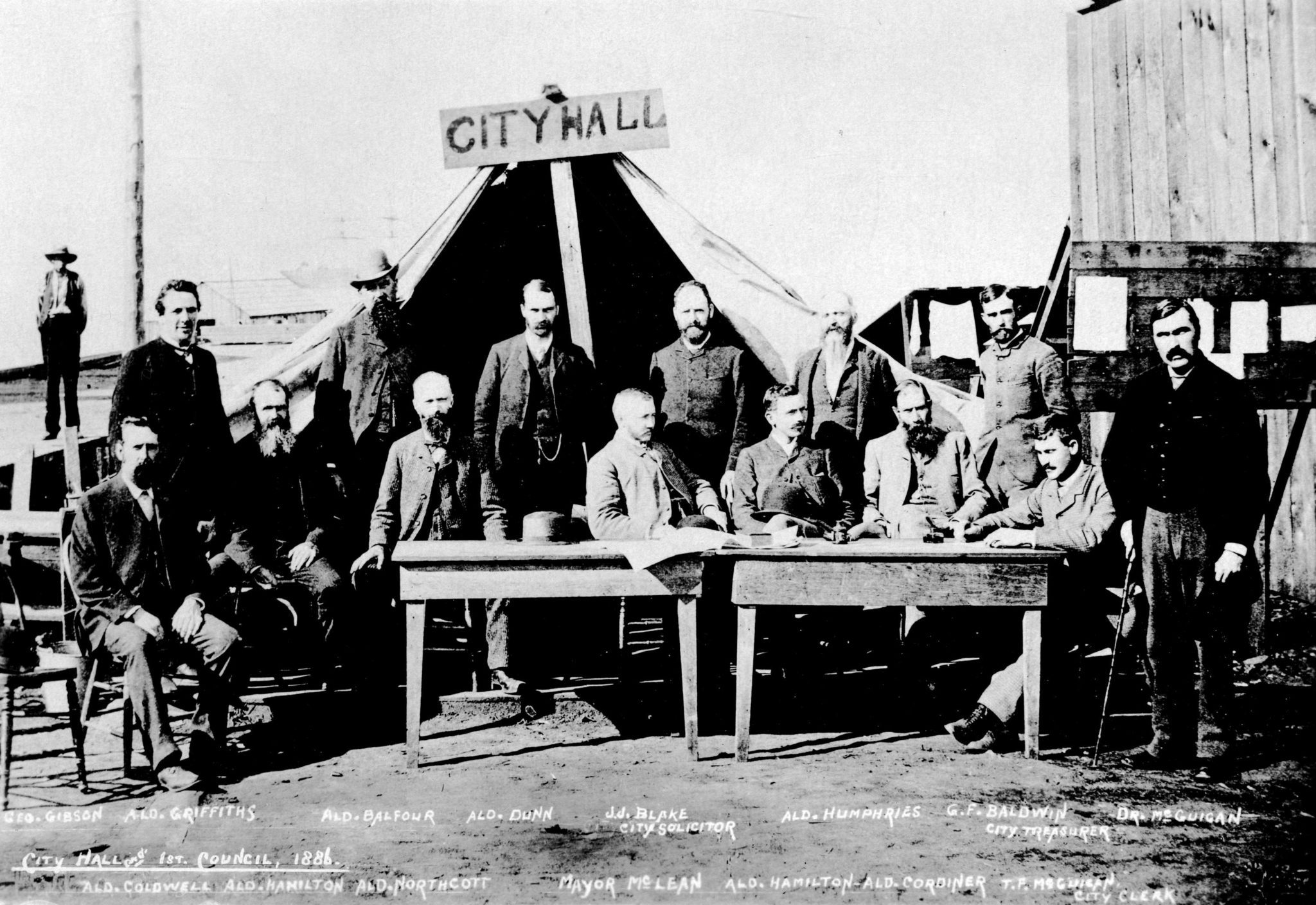It’s time we elected Metro Vancouver representatives
What would happen if you undertook a massive project, and overspent your budget by 100 per cent? Or, what would be the reaction of your boss if you told her that costly new office space was needed because your elevators were poorly maintained?
In either case you would likely be sent packing. But if you were a director on Metro Vancouver’s board, you would be unscathed.
That is because, as with Canada’s Senate, directors on Metro Vancouver’s board are appointed by their peers, not elected.
In addition to regional planning and managing our water supply and waste streams, Metro Vancouver — a.k.a. Greater Vancouver Regional District (GVRD) — operates a housing society, maintains parkland and monitors our air quality.
It has an annual budget of $670 million, and an appointed board of directors.
And there’s the rub. Metro Vancouver is fundamentally unaccountable to the citizens who pay for it.
It is a condition that SFU professor Patrick Smith — an expert on Canadian local government — argues is ripe for reform.
Because Metro Vancouver is “vested with power to make decisions over service provision and taxation with little provincial supervision,” Smith wrote in his 2006 text on metropolitan governance, a case can be made for more accountability “through democratic reforms like direct elections.”
People pay attention to how city halls spend their money. When they are dissatisfied they vote for new elected representatives.
But even if we knew how Metro Vancouver spends its budget, there is little recourse for voters to drive change if they wanted to.
Few of us are aware, for example, how badly off track the Seymour-Capilano water tunnel project went. Its original $400-million budget wound up at over $820 million.
That costly debacle contributes to skyrocketing increases in our water rates.
There was also the recently cancelled half billion dollar waste incinerator plan, which nearly got the green light, and a new proposal for road pricing — $900,000 just to study it.
Another large expense was announced — some would argue cynically — just prior to the Christmas holiday. Metro Vancouver purchased the entire MetroTower III building, only two blocks from its present location, for $205 million.
Their new offices will occupy the top 13 floors.
Remember, these are the same folks who just last year pleaded poverty and urged us to support a sales tax increase to pay for transit improvements.
In a media interview, Metro Vancouver’s board chair Greg Moore (Mayor of Port Coquitlam) justified the purchase by pointing out their existing offices were 30 years old, and by trading up they could avoid maintenance costs for the buildings’ cladding and unpredictable elevators.
Hearing that the organization charged with maintaining our nearby dams and sewers let their own office buildings fall into such disrepair does not instill much confidence.
For the fifth time since 2011, Moore was acclaimed as Metro Vancouver’s chair. The perks of the chair’s job include a $71,000 salary, approximately $15,000 for expenses, and a travel budget to attend global conferences.
(Moore recently made an appearance at the Paris COP21 climate conference alongside Mayor Gregor Robertson and his entourage.)
This is in addition to his $91,000 mayor’s salary — one-third of which is tax-free.
Moore and his PoCo council recently boosted his transportation allowance by 62 per cent — from $4,450 to $7,200, roughly on par with the Vancouver mayor — which will also be adjusted to CPI annually.
At the same meeting the council approved generous health and dental benefits for themselves.
Added up, Moore’s compensation makes him one of B.C.’s best-paid politicians, which given his responsibilities few would begrudge him.
However, when asked about this remuneration by reporter Janis Warren of the Tri-City News, Metro’s chair bristled.
“Do you know a vice principal at a high school will get paid a lot more than the mayor of Port Coquitlam?” Moore asked. “Let’s not forget the Community Charter clearly indicates that the mayor is the CEO, so I’m the mayor/CEO of a $90-million organization that affects 58,000 people pretty much every day, and I think the salary that we get paid is very justified.”
We can debate whether Moore and his fellow mayors are the equivalent of a “CEO.”
But we can agree that the time has come for giving a stronger voice to citizens through direct elections of our Metro Vancouver representatives.
—
Originally published in Vancouver Courier, and re-published in North Shore News, Burnaby Now, Richmond News and Tri-City News.



